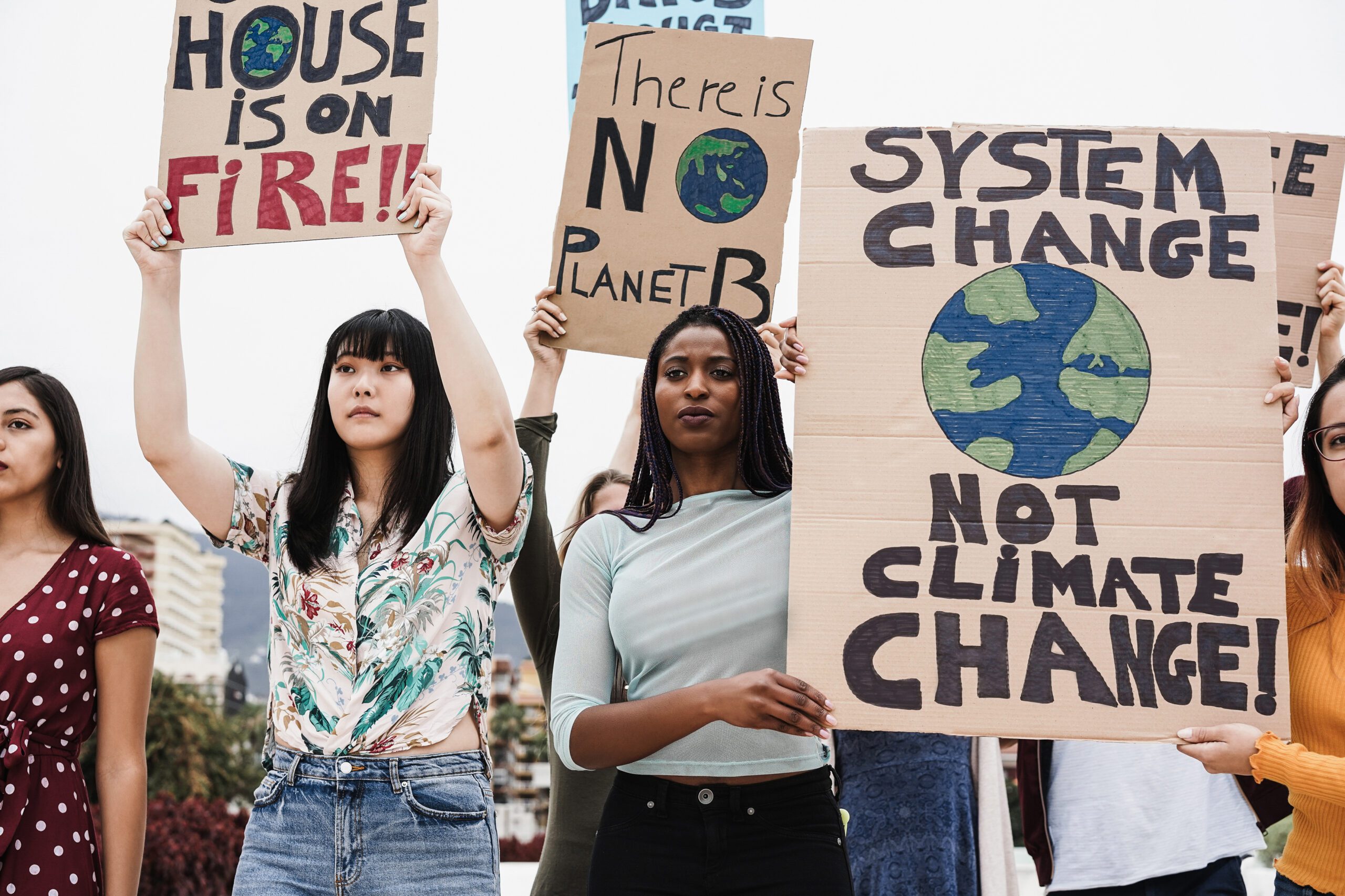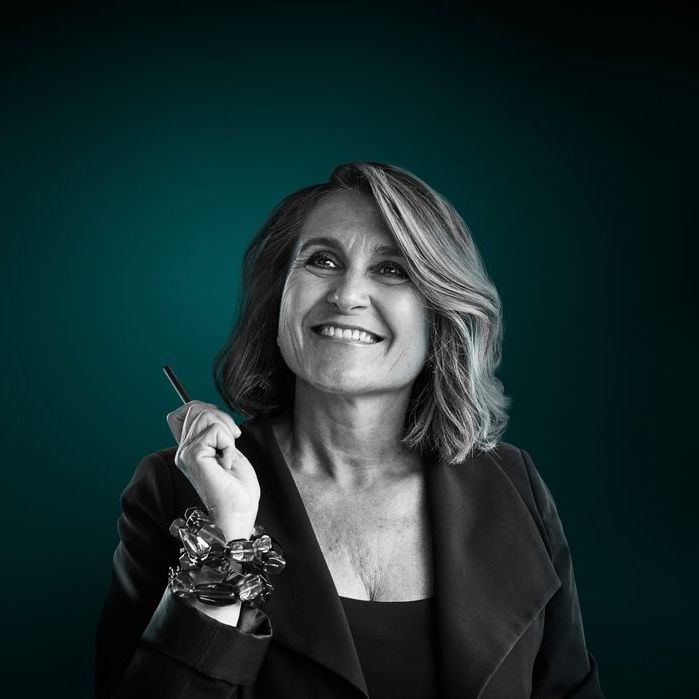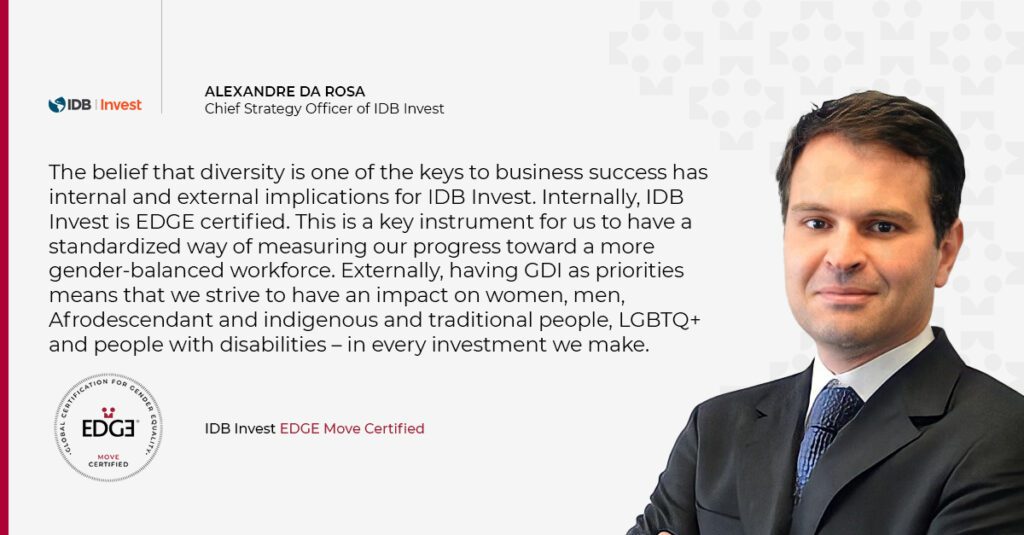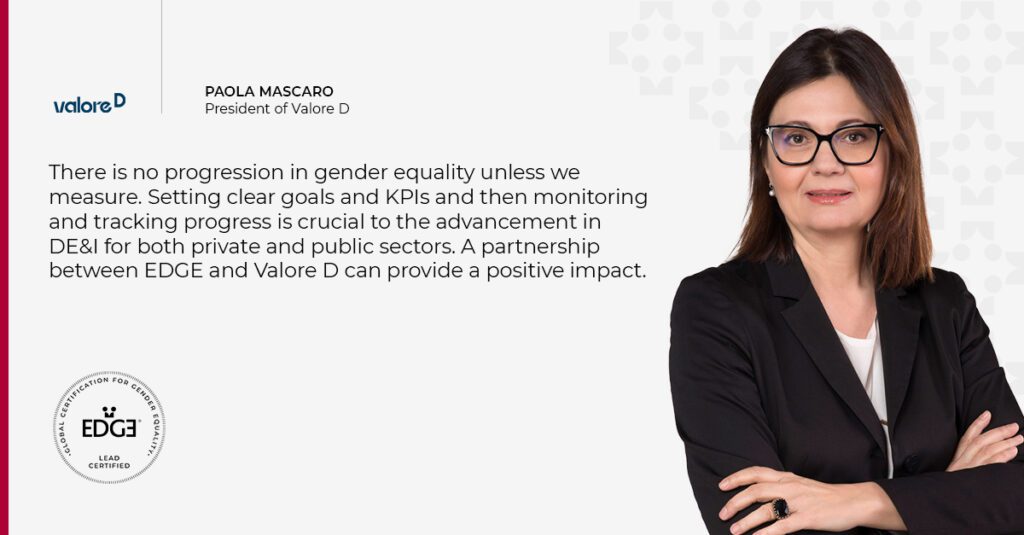
Author: Aniela Unguresan
Founder, EDGE Certified Foundation
There’s a truth that needs to be shared: you can’t have pay equity without balanced representation. It’s a simple fact that many organizations seem to overlook. As a consequence, leaders will conduct a pay equity audit, declaring it as the first stepping-stone in their Diversity, Equity and Inclusion (DE&I) journey, with broader aspects of DE&I to be addressed at a later date.
By focusing on the portion of the pay gap that is adjusted for objective factors – such as tenure, performance, level of education, complexity of the job and type of job etc – they will meet their compliance-related goal. But by demoting the issue of representation to a later stage in their journey, organizations will inevitably see inequities return.
In this article, we explore some of the reasons why pay equity is not enough to deliver long-term, sustainable DE&I progress and what organizations should do to make a true commitment to change.
What is pay equity?
Pay equity refers to the principle of providing equal compensation for employees who have similar job functions. Put simply, it means equal pay for equivalent work – no matter what the employee’s gender, age or ethnicity.
The term pay equity is most used in relation to the gender pay gap. There are laws in many countries that require businesses to report publicly on their pay gap, which is one of the reasons that leaders often address pay gaps before other aspects of DE&I.
Sadly, often this is where their DE&I journey starts and stops. Why? Because the focus is on legal compliance and not on commitment to diverse, equitable and inclusive workplaces for all.
Choose commitment over compliance
When organizations start with a pay gap before looking at broader issues, what they often mean is that they will be looking at the pay gap adjusted for objective factors, such as:
- Tenure
- Performance
- Level of education
- Complexity of the role
- Type of job.
In other words, organizations will be looking at the portion of the overall pay gap that can be explained by career and role-related characteristics. They will then calculate the portion of the overall pay gap that cannot be explained by any individual personal characteristic that is not strictly related to the job, such as gender, race and ethnicity or nationality. They will then address those pay disparities.
This approach is taken because equal pay for equivalent work regulations mainly refer to this portion of the pay gap that cannot be explained by career and role-related characteristics.
The downside of this approach is that, after adjustments, an organization where all top managers are white men – with women and diverse talent in lower levels of responsibility and support functions – will still be recognized as providing equal pay for equivalent work. Sadly, many organizations see this as ‘job done’.
In truth, though, pay equity is a necessary stepping-stone for compliance but is never the place to go for proactive management of DE&I in the organization. It is not enough for commitment, for positive impact – that’s because there is no such thing as closing the pay gap without closing the gap in representation.
There is no such thing as closing the pay gap without closing the gap in representation.
Communicate your intentions
If your organization’s ambitions are to do only what is required for you to continue to legally operate as a business, then be honest and transparent about this. But if you want to claim more than compliance – to claim commitment – there is no such thing as baby steps.
Organizations must ask themselves what their intentions are: are we running pay equity analysis to manage our risk? Or are we committed to investing energy and resources into creating a more diverse, equitable and inclusive workplace? These are two fundamentally different directions:
- Pay equity is about managing risk for the company and staying on the right side of the law
- An effective DE&I strategy is about creating a workplace where people thrive, with DE&I as a source of creativity, innovation, resilience, and intelligence.
All organizations have their priorities. But if managing risk is yours, don’t claim proactive investment into DE&I.
Don’t dissociate diversity from equity
While some organizations will end their workplace equity journey at an adjusted pay gap, others remain dedicated to a longer journey. These organizations may truly intend to tackle representation and other issues, but by pushing these challenges until after they work on unfair pay practices, they dissociate diversity from the issue of equity. And again, that can affect the long-term value of the organization’s DE&I strategy because these issues cannot be effectively tackled in silos.
So, does that mean organizations must address all DE&I issues at the same time?
Not necessarily. It is understandable that organizations will prioritize pay equity. It is the most visible part and a legal requirement – it gets reported, it is published in annual reports, investors are looking for it, employees and potential employees want to see it.
However, to address pay disparity at its root, these organizations must therefore set a timetable for their DE&I goals. Pay equity one year, diversity the next, for example. This is where an integrated software-based DE&I solution like EDGE Empower can help by offering such benefits as:
- Trackable DE&I priorities and roadmap
- A rigorous and proven data-led DE&I strategy
- Dashboards that provide a consistent view across dimensions of diversity and different countries of operation
- A framework for effective DE&I reporting.
In addition, through EDGE Certification, organizations can gain visibility and credibility through independent verification by third-party auditors.
A true commitment to DE&I means applying the same discipline and rigour that you would to other business-critical missions. And pay equity is never enough to proactively drive the DE&I agenda.
Pay equity is never enough to proactively drive the DE&I agenda.
Organizations that are not going beyond pay equity limit themselves greatly in the speed of change that they can see in their organization. They similarly limit themselves to how they can make their efforts be valued by their diverse stakeholders because they are putting effort into respecting the law, but nothing else.
Pay transparency is an instrument of public policy
There is often confusion between public policy instruments around pay equity, and instruments that companies must adopt to practically manage pay equity.
When the UK government said that organizations must publicly publish the medians between men and women, it was one of the smartest public policy instruments ever.
Indeed, the government can’t go into every business in the country to force equal pay for equivalent work. What they could do is name and shame, which was precisely the purpose of this pay equity public policy instrument: naming and shaming. Companies were saved from the embarrassment of being called out for doing something illegal, but the point was still made.
However, organizations must not base their own pay equity analysis and methodology on reporting requirements on median and average pay because they were never intended as an instrument to practically manage pay equity. The role of public pay equity policy is not to consult companies on how to manage their pay equity – their role is to see on which side of the fence you are as a business.
So, there must be a clear distinction between the compliance and name-and-shame instruments put in place by governments and the proactive management of DE&I.
Compliance is important, but only disruption can bring change. Requirements for public policy don’t go far enough to provide detailed insights into pay at your organization. That’s why EDGE uses a regression analysis to measure pay equity. Because it’s a detailed analysis for organizations to remediate and understand what actions they must take.
DE&I investment is cost-effective
We all live in a world of limited resources. Many organizations aren’t necessarily making a moral choice to only address pay equity with an adjusted pay gap and then stop. They are prioritizing what they must do by law because they need to spend their money carefully and wisely.
The issue with this is that this approach is an unwise utilization of resources – your attention may be focused for a period, but it becomes costly over time. Why? Because DE&I can’t be tackled in ‘remediation mode’.
Without resolving the systemic issues related to how you attract, develop, retain, and motivate a diverse pool of talent throughout your pipeline, you effectively give your organization all the chances of recreating and repeating the same problem the next time you hire.
By failing to get to the root causes of inequalities in the workplace, you will always be in this ‘remediation mode’, forever creating something that cannot be undone.
Put simply, if your organization keeps treating the symptoms, then those symptoms will appear again and again.
If you are interested in accelerating and visibly proving your DE&I progress, no matter where you are on your journey, EDGE Certification powered by EDGE Empower can help. Book a demo to discover how you can stop treating symptoms and instead find a cure for inequity in your organization.
Book a demo
Wherever you are in your DE&I journey, whether at the very beginning or further along, EDGE Empower helps accelerate your progress, and through EDGE Certification visibly prove it – applying the same discipline and rigour that you would to other business-critical missions. Learn more by booking a demo, today.

















